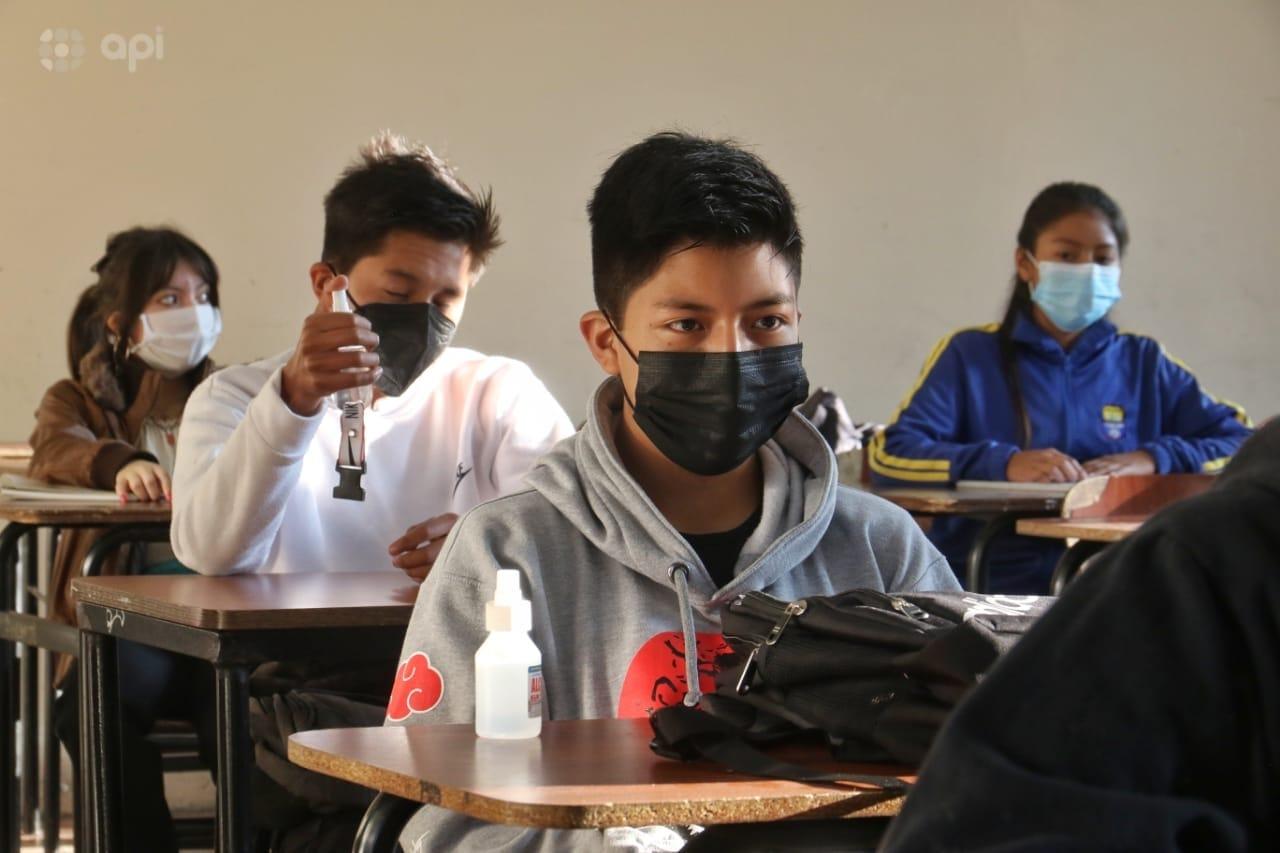I proposed to invite Thomas Pickett to inaugurate the acts of celebration of the 70 years of the Faculty of Economic Sciences of the National University and the French economist presented new evidence on the distribution of income and wealth, with a gender and environmental inequality perspective.
Now he posits that wealth inequality is more serious than income distribution and better reveals the economic opportunities to start a company.
After reaffirming that the richest 10% of the global population receives 52% of world income while the poor half earns 8.5%, he specified that inequalities in wealth are more pronounced than in income: the richest 10% of the population own 72% of all wealth. The wealth share of the top 1% versus the bottom 50% between 1910 and 2020 was 55% on average in Europe and 43% in the US.
(Read: Colombia, one of the hotspots in the world for acute hunger).
They have returned to levels of a century ago!
Colombia has a surprising level of concentration and is representative of this pattern: in net wealth the bottom 50% owns the bottom 1% of the total while the top 10% in LA owns between 70% and 80% of the wealth. The magnitude of this gap is replicated by age groups.
Piketty showed that there is inequality in carbon emissions depending on the income of the countries: 6.6 tons of carbon dioxide are emitted per capita per year, but the top 10% of emitters are responsible for 50% of all emissions.
In Europe, the bottom 50% of the population has average carbon emissions of 5% per capita. But the top 10% of the population has an emission of 29.2% per capita and in North America 73% of pollution is produced by the rich 10% of the population.
He also argued that environmental policies, such as carbon taxes, hit the poor the hardest. An example of asymmetry in pollution taxes is that “you pay a tax to use the vehicle but you do not pay to ride a plane, which also pollutes”. And he proposes a modest progressive tax on global billionaires of 1.6% of income to invest in education, health and energy transition.
(What’s more: Inflation in Latin America: the other victim of the pandemic in 2021).
Reuters
Regarding gender, the participation of female earnings in global labor income was 31% in 1990 and is approaching 35% between 2015-2020 and currently men receive 64% of labor income. But female income is only 10-15% in the Middle East and North Africa and below 20% in Asia and China.
This is explained because the largest share of unpaid work is done by women in households and communities. To improve it, he considers it appropriate to establish quotas in popular election positions, in companies and in the academy. And he attributes the increase in global inequalities to the deregulation and liberalization policies adopted since 1980.
Although inequalities between countries have decreased due to the rapid advance of emerging nations (especially in Asia-Pacific), inequalities have increased within countries: the gap between the average income of the top 10% and the bottom 50% of people within countries it has doubled from 8.5 times to 15 times.
(See: Extreme poverty in Latam skyrockets: there are already 86 million people).
Regarding the global corporate tax agreed upon in the OECD, Piketty considers that the 15% rate is weak and multinationals will create subsidiaries in tax havens, while SMEs will not be able to do so. Piketty fears that this reform will bring little money and perpetuate existing injustices between multinationals and poor countries: rich countries will obtain additional income because the headquarters of these corporations are located there.
Since the financial crisis of 2008 there is a state tendency to protect private capital on a large scale (with bailouts) while allowing it to fleece citizens
Piketty maintains that the main cause of pre-tax inequality is the privatization of finance that the natural commons, the knowledge commons (through intellectual property rights) and public services have been taken. In addition, he argues that since the financial crisis of 2008 there is a state tendency to protect private capital on a large scale (with bailouts) while allowing it to fleece citizens. This is why taxes on wealth and corporate profits need to be increased.
Latin America In addition to being unequal, it suffers from a lack of transparency in statistics. on wealth distribution and tax progressivity.
After the Second War the middle class benefited, there was more equality and this brought more prosperity in the 20th century: three decades of growth without unemployment and without speculative bubbles or crises… And against those who maintain that we must wait to grow first to after distributing, Piketty replies that they were able to increase their wealth because they were more egalitarian As a consequence of the social mobilization that changed development policies, it brought social security and progressive taxes.
(Keep reading: Panel conclusions on the Colombian economy and Piketty’s ideas).
Piketty proposes that every young person under the age of 25 receive an inheritance of 60% of the average income (it would be 120,000 euros in France) so that they can start their business. This would be financed by progressive inheritance and wealth taxes. Piketty’s balance is that inequality is a policy choice, not an inevitability, and can be reversed with alternative policy decisions.
and warns that we are in a situation that is not so different from the one that led to the French Revolution.
Beethoven Herrera Valencia
University professor: National, Externado and Magdalena.








